Collaborating with others is a primary pillar of our work as it enables meaningful progress that reflects the collective experiences and outcomes of our partners. We are deliberate in our efforts to bring together individuals and organizations, crossing boundaries and disciplines to help achieve goals at both the local and regional level.
Our Current Collaborations
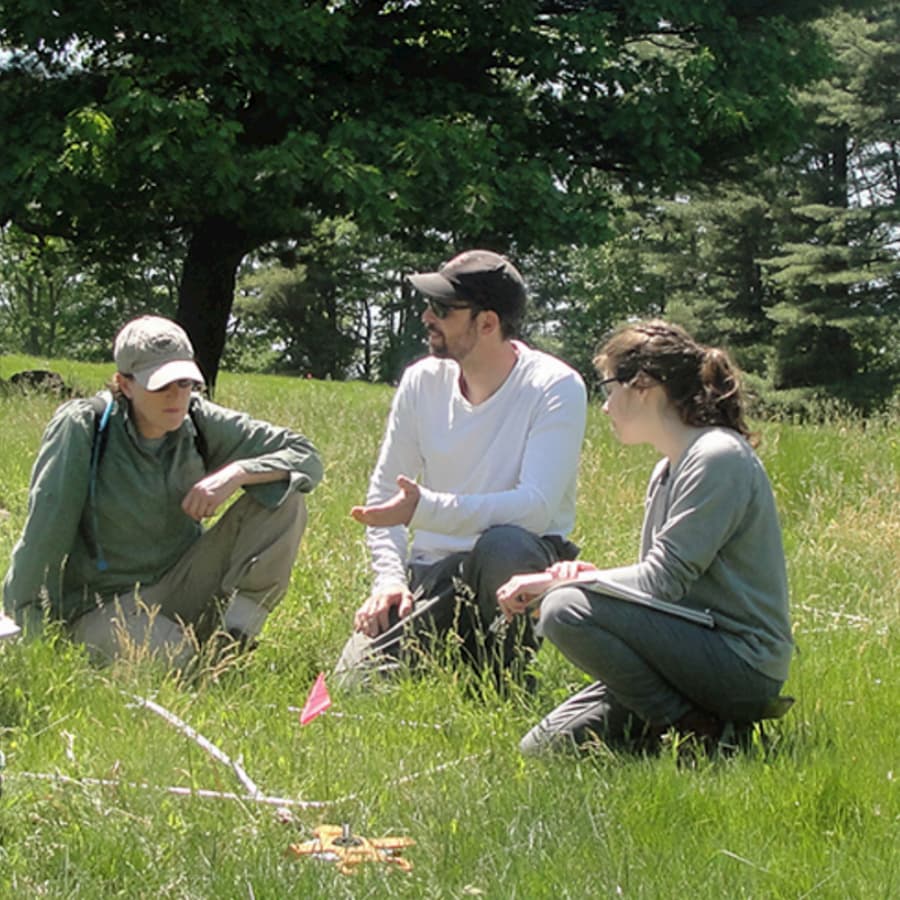
ALPINE
ALPINE (Academics for Land Protection in New England) unites universities and colleges through its innovative programs and growing network of students, faculty, administration, and alumni—all working together to advance many important initiatives to protect the New England landscape.
Conservation Finance Network
The Conservation Finance Network is a diverse group of partners working to advance land and natural resource conservation through innovative and effective financing strategies.
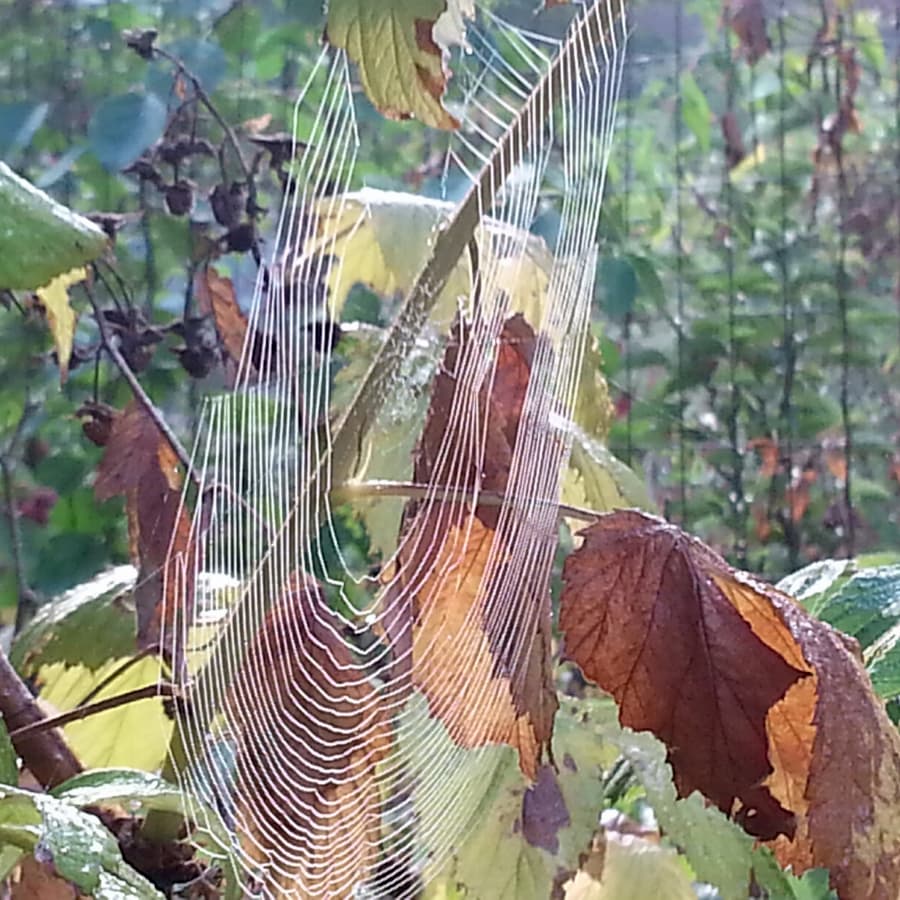
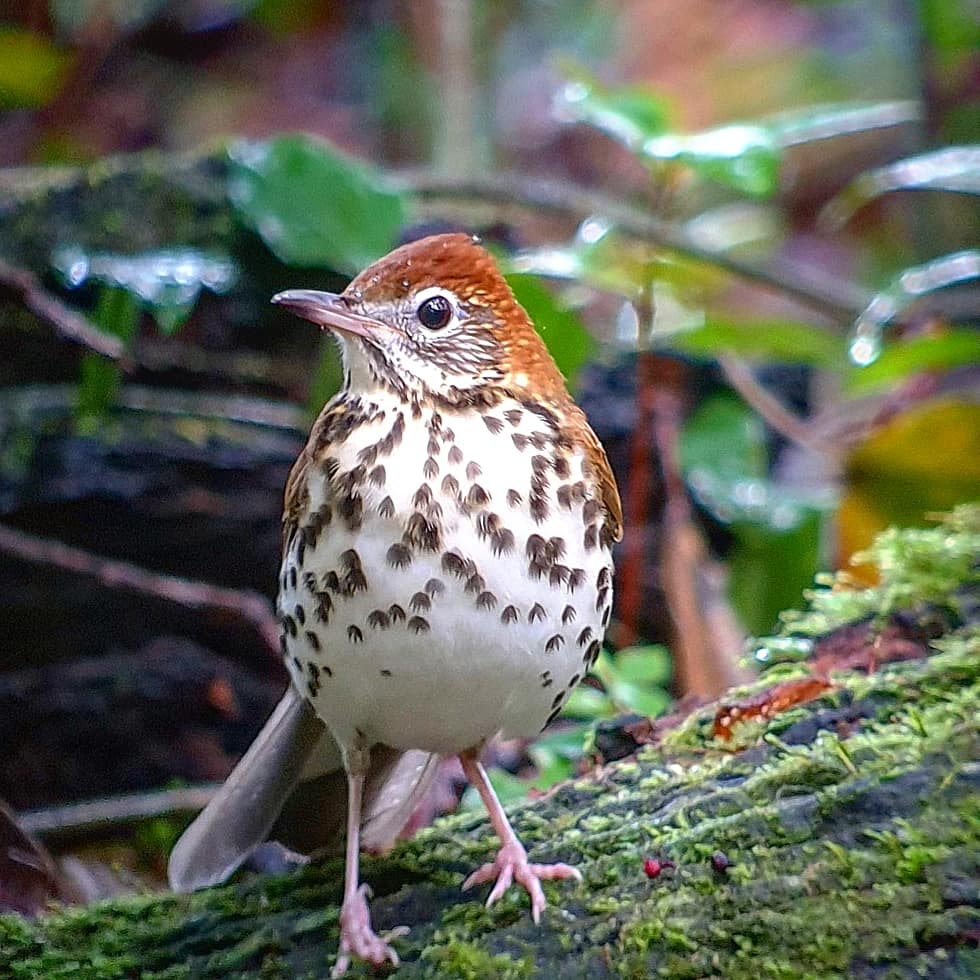
Northeast Bird Habitat Conservation Initiative
The Northeast Bird Habitat Conservation Initiative connects Regional Conservation Partnerships (RCPs) with bird conservation organizations and agencies throughout the Northeast.
Northeast Forest Network
The Northeast Forest Network is a growing coalition of conservationists and advocates across New England and New York dedicated to furthering forest conservation, protecting clean air and water, enhancing wildlife habitats, and supporting local economies.
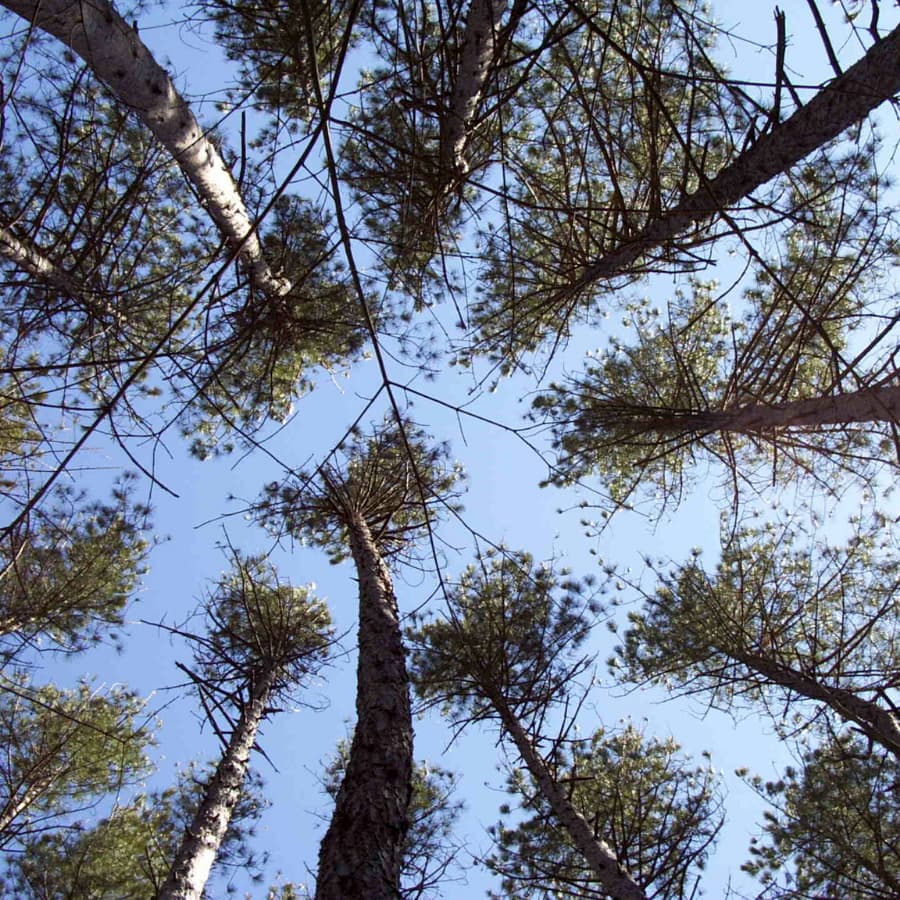
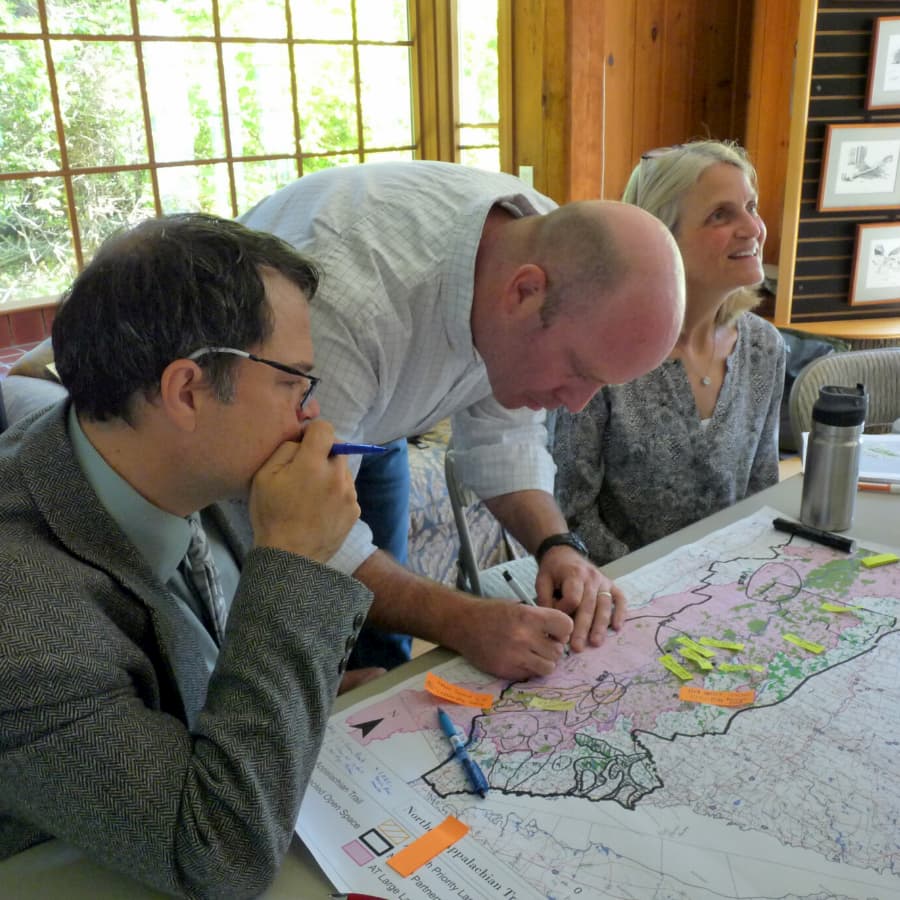
Northern Appalachian Landscape Partnership
The Northern Appalachian Landscape Partnership works to catalyze landscape conservation from New York to Maine.
Regional Conservation Partnerships
Regional Conservation Partnerships (RCPs) help to increase the pace and scale of land conservation across property, town, state, and regional boundaries.
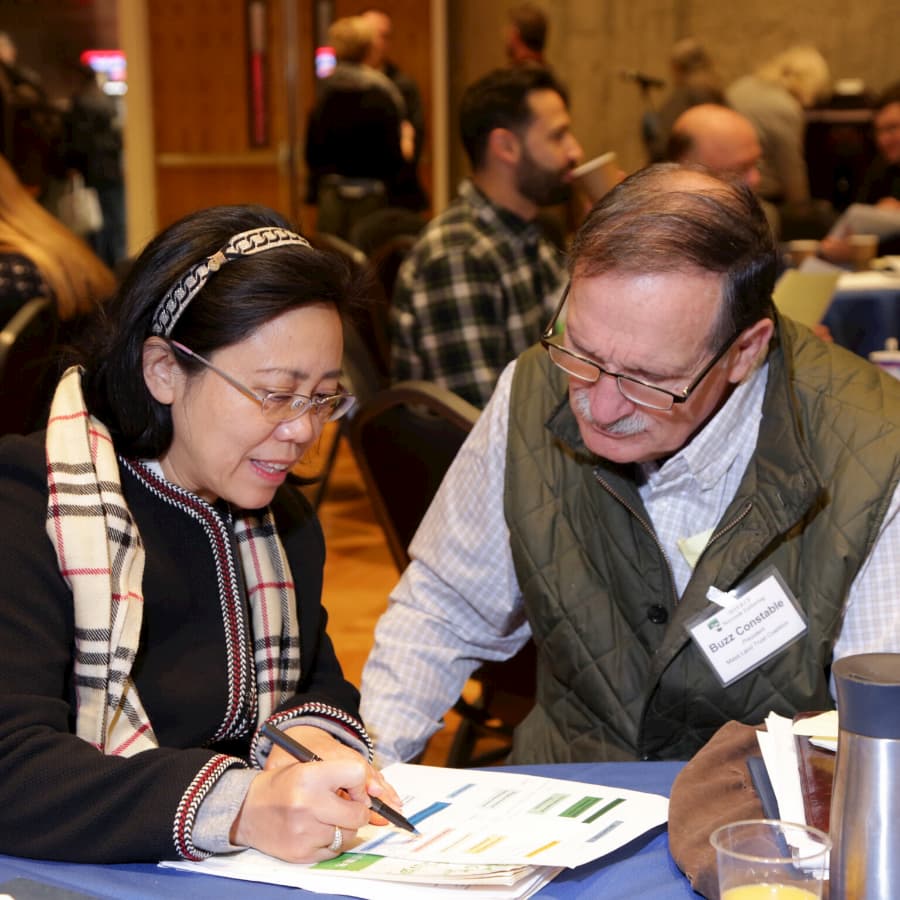
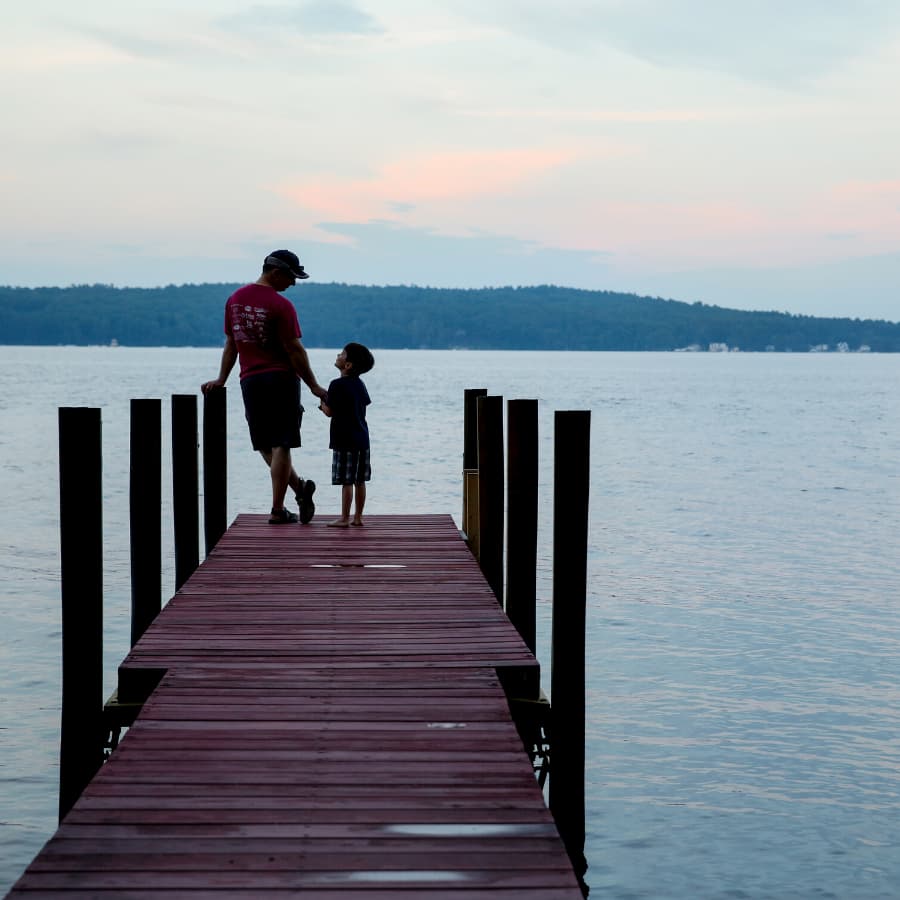
Sebago Clean Waters
Sebago Clean Waters is a partnership that protects water quality, community well-being, a vibrant economy, and the health of fish and wildlife in the Sebago watershed in Maine.
Photo by Terry-Augustyn
Wildlands & Woodlands
The Wildlands & Woodlands initiative is a collaborative of partners looking to advance the Wildlands & Woodlands, Forests & Communities vision for land conservation in New England.
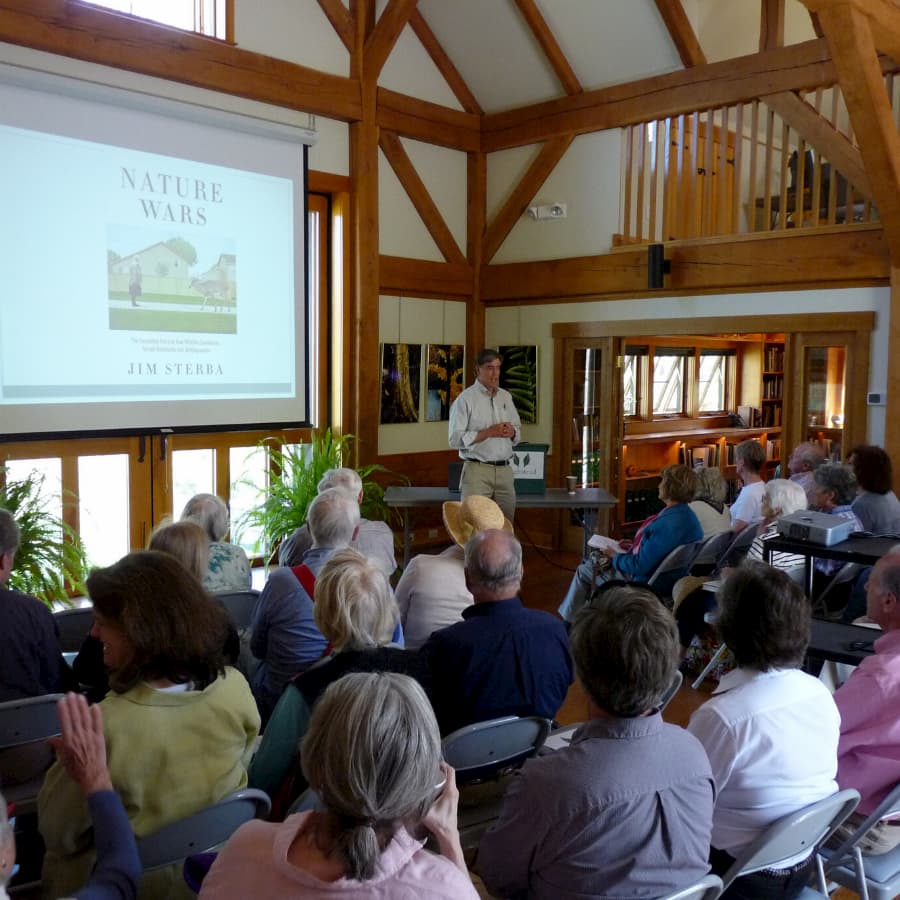
An adaptive approach
We are grateful for the unique vantage point that our relationships throughout the region afford. We’re able to see where goals and resources align across different boundaries—physical, organizational, philosophical—and we use this perspective to make connections and create new opportunities for collaboration.
Staying closely connected with our partners allows us to be nimble and adaptive. Our work with land trusts, landowners, conservation NGOs, policymakers, funders, scientists, and academics helps us to match people, projects, and resources to achieve conservation at scale. We see where the learnings from one project can be applied to a similar project two states away. We’re aware of initiatives that need funding and the potential funding sources that are available. We also see opportunities where science can be used to support key land-use or policy decisions.
With this highly adaptive, collaborative approach, we’re able to make the right connections and nurture relationships that result in greater efficiencies, while augmenting the collective capacity of our partners.
The seeds of collaboration
From our earliest days, we’ve seen the value in soliciting input from a wide spectrum of people to apply the best thinking to everything we do. We strive for reliability in any information we gather and disperse. Over time, we have cultivated our relationships and formed new ones observing the incredible power of people who work together around a common purpose.
In 2007, we became more intentional about collaboration as we started working with individual conservation partners in support of the Wildlands & Woodlands vision. Our collaborative work grew from there as we became the host of the Regional Conservation Partnership Network and a convener and connector for many other partners throughout New England and eastern New York. Today, collaboration is at the core of what we do as we depend on one another to achieve our mission and vision for a more sustainable, equitable future.
Join us
If you’re interested in exploring collaborative opportunities to help advance your conservation goals, we’d like to hear from you.